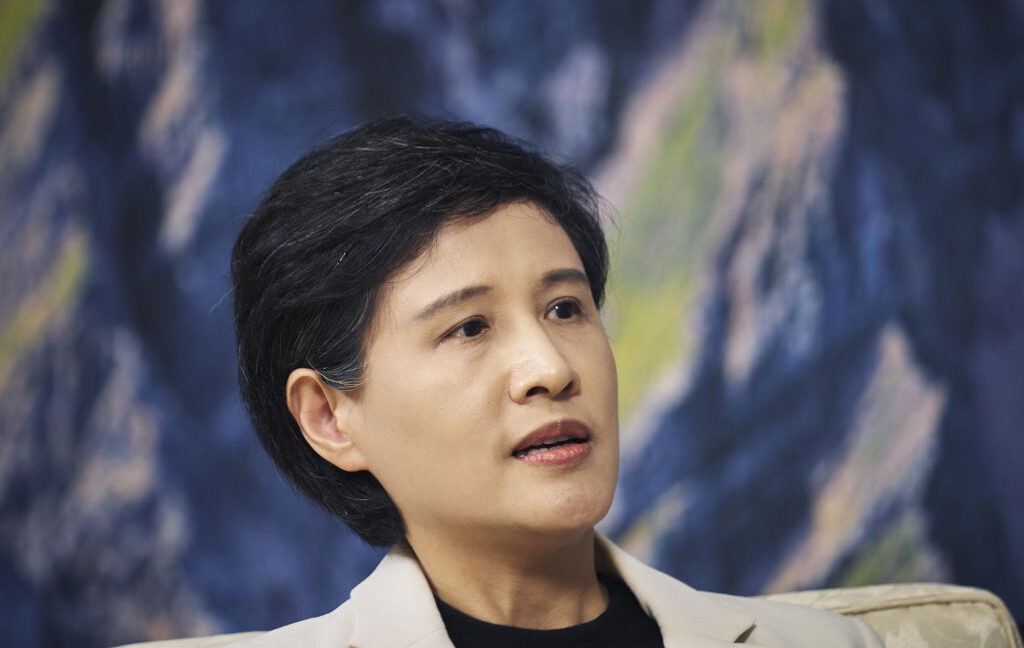Where Will Taiwan Get Energy After Its Failed Nuclear Referendum?
NegativeTechnology

Taiwan's recent referendum on restarting a nuclear plant has failed, leaving the island nation grappling with its energy future. With over 4 million votes in favor of the restart, the outcome highlights a significant divide in public opinion on energy sources and safety. This decision is crucial as Taiwan seeks to balance energy needs with environmental concerns, especially in the wake of increasing energy demands and the need for sustainable solutions. The failure to restart the nuclear plant raises questions about alternative energy strategies and the potential impact on Taiwan's energy security.
— Curated by the World Pulse Now AI Editorial System







